The Pontifical Academy for Life, Microsoft, IBM, FAO and the Italian Government signed the Rome Call for AI Ethics on February 28th 2020, in Rome, at the end of a congress entitled “RenAIssance. For a Human-centric Artificial Intelligence.” The Call promotes a sense of shared responsibility among international organizations, governments, institutions and technology companies with a view to creating a future in which digital innovation and technological progress ensure the centrality of man.
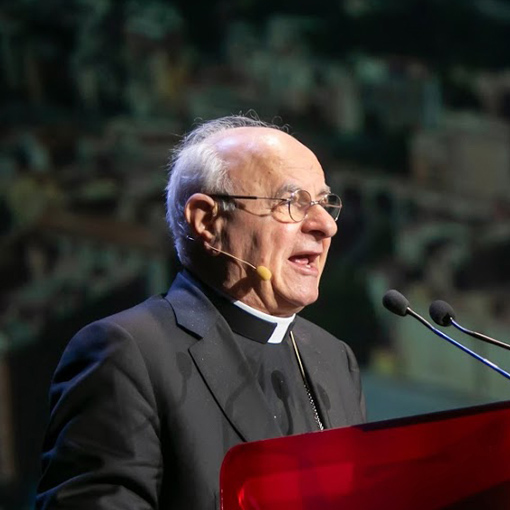
Mons. Vincenzo Paglia
President of the Pontifical Academy for Life
The Call’s intent is to build a movement that spreads and involves other entities – public institutions, NGOs, industries and groups – in an effort to drive the development and use of AI technologies. From this perspective, we may say that the signature of this call is not the end of a journey, rather a starting point for an engagement that appears now all the more urgent and important than ever before. Endorsing this initiative entails for its signatories a relevant engagement in terms of costs and industrial commitment for the development and distribution of their products. If the Academy feels called to intensify its commitment to build awareness around the Call and encourage other stakeholders to sign it, then the Call is the first in a long series of initiatives. The Call’s text marks the first attempt to lay out a series of ethical criteria with common values, thus contributing to the development of a common language that can help interpret everything that is human.
Audio
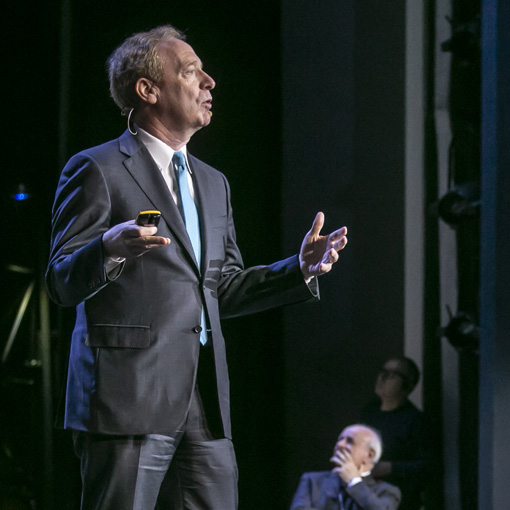
Brad Smith
Audio
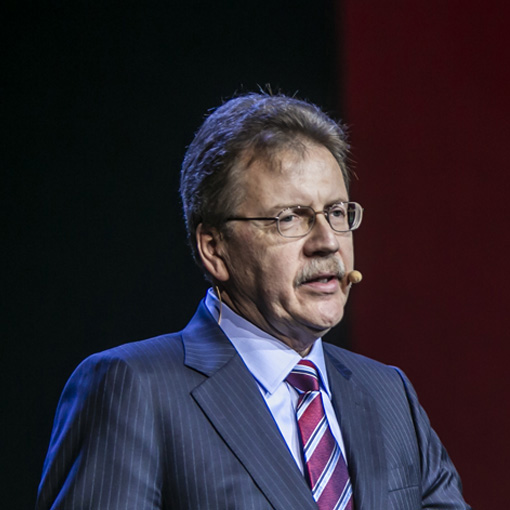
John Kelly III
Audio
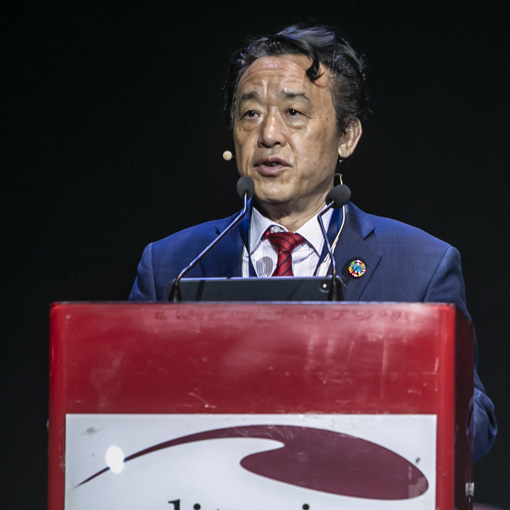
DONGYU QU
Audio
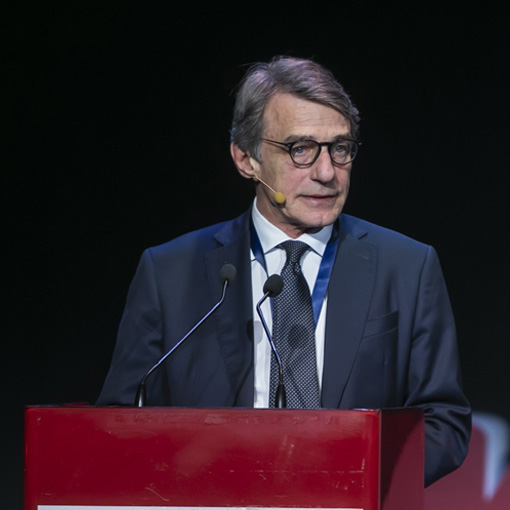
David Sassoli
allow for an enormous concentration of power to the detriment of the most vulnerable. Today more than ever, we need to devise policies that enable us to reap the fruits of technological progress, while granting the respect of those social standards that represent for all of us invaluable achievements.
Audio
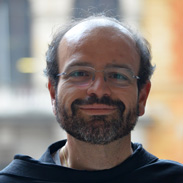
Prof. Paolo Benanti
Scientific Director
allow for an enormous concentration of power to the detriment of the most vulnerable. Today more than ever, we need to devise policies that enable us to reap the fruits of technological progress, while granting the respect of those social standards that represent for all of us invaluable achievements.